It was 50 years ago that the earth shook, in the Algarve, in a great earthquake with a magnitude estimated at 7.9 on the Richer scale. What would it be like if a similar shaking happens today? Specialists say that "little is being done" to prevent the damage and the President of the Republic, who participated in Sagres, in a session invoking the Earthquake on February 28, 1969, confesses to being "attentive" to this issue.
The Head of State traveled to the Algarve to participate, this Thursday morning, February 28, in this session organized by the Portuguese Society of Seismic Engineering (SPES), the Portuguese Association of Meteorology and Geophysics (APMG) and the City Council of Lagos.
And the truth is that the warnings left were strong. Olavo Rasquinho, former president of APMG, was not soft in his words: "earthquakes are inevitable, but tragedies are avoidable," he said.
In this expert's opinion, “little is being done” in terms of prevention. “There are quite advanced regulations, but, in practice, there is no efficient inspection for this legislation to be applied. In the binomial cost-benefit, one often looks at the cost and in the short term», he lamented to the Sul Informação.
It's just that, "although there is a technician who says that all the regulations have been applied, it is known that this is not always the case," he added.
“This happens both in public buildings and in homes. A big earthquake will happen again, when we still don't know», he explained.
The earthquake of February 28, 1969, which was the motto of today's session, was the one that, after the Benavente earthquake of 1909, caused the most important damage to the mainland.
The epicenter was in the Goringe bank area (southwest of Cape S. Vicente), with an estimated magnitude of 7.9 and a maximum intensity between 7 and 8, felt throughout the country, with greater damage in the Western Algarve.
This quake caused an undetermined number of deaths (references point to 13 deaths, although only two due to the direct effects of the earthquake).
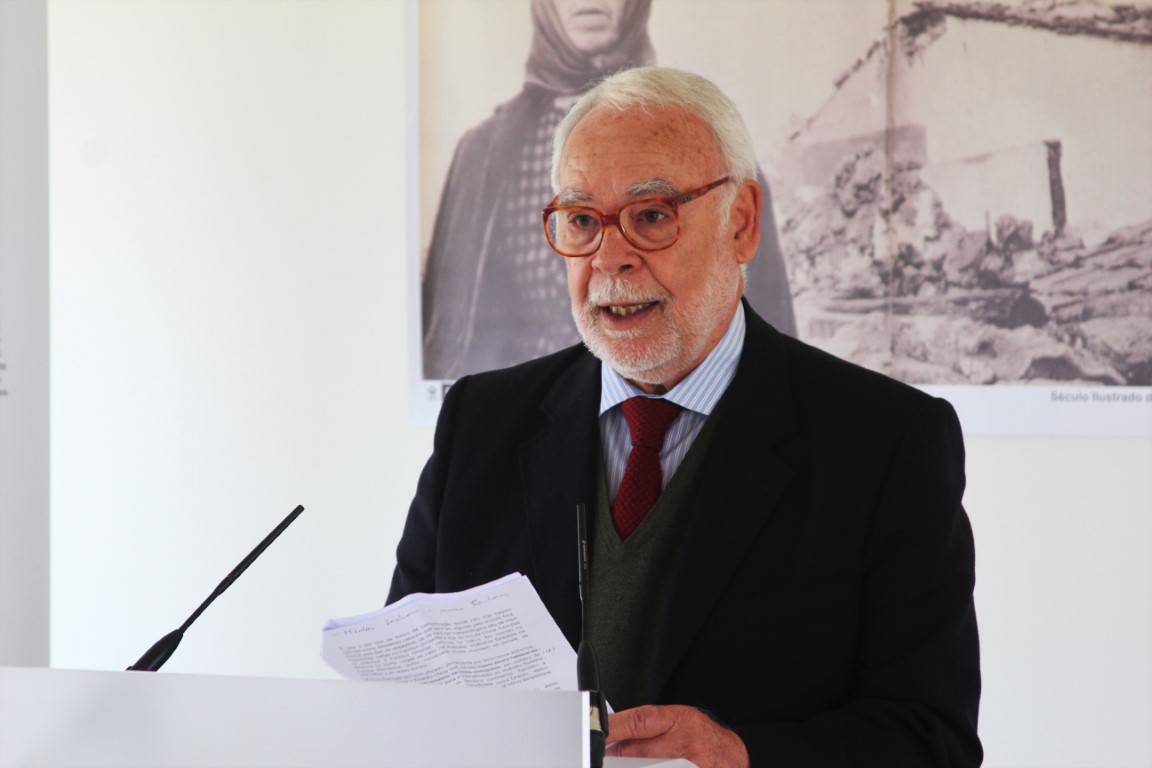
Marcelo Rebelo de Sousa still remembers the earthquake well. “Suddenly, communications were lost. The aftershock was very intense. My grandmother, who lived with me at the time, got scared and went out into the street. I also remember that there was domestic damage, with shelves falling down,” he told reporters.
50 years later, and now as President of the Republic, Marcelo confessed to being “attentive” and not “alarmed” about the “need to see what is possible to do quickly in terms of prevention”.
“The monitoring at the level of structures could be more demanding. There are public buildings that could be guaranteed greater seismic protection. Hospitals were mentioned here and I was naturally worried about the fact that there is an ancient heritage that could suffer the consequences of an earthquake”.
In this regard, João Azevedo, president of the Portuguese Society for Seismic Engineering, referred to the danger posed by, for example, the National Museum of Archeology, in Belém (Lisbon), and the National Museum of Ancient Art, next to the Tagus, also in Portuguese capital.
In his opinion, the inspection has not been given due attention either. “There are industrial infrastructures that are not secure”, he exemplified. "We must act while the nightmare doesn't hit us," he said.
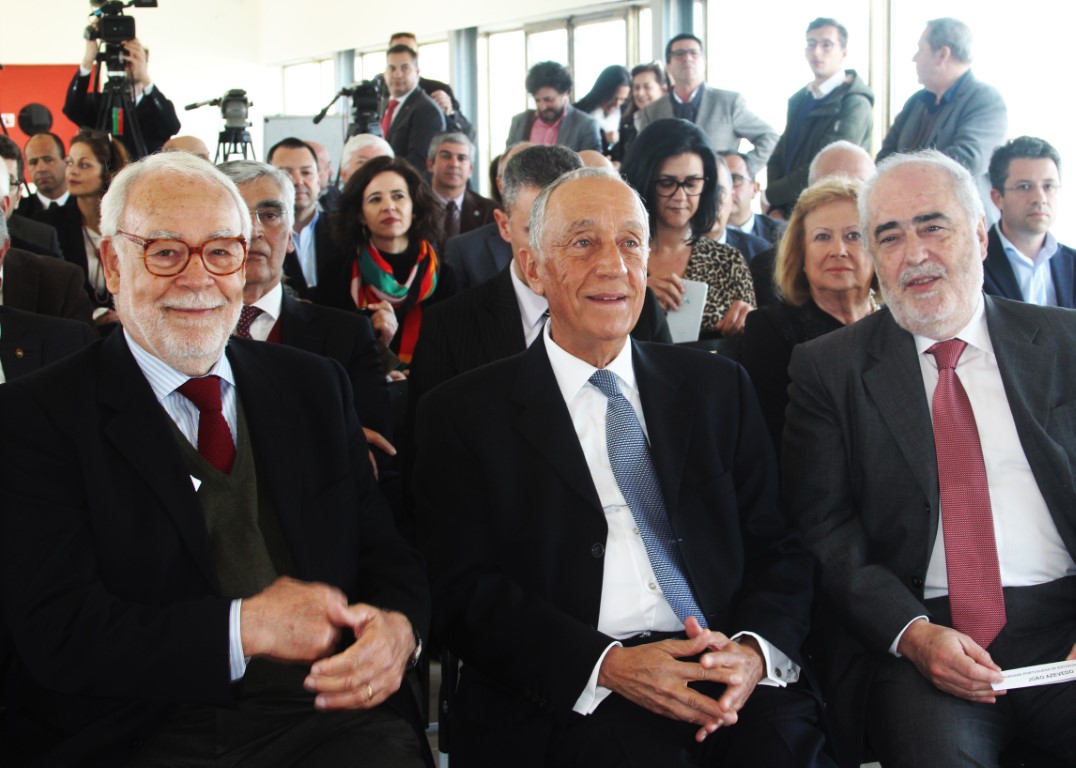
In fact, laws even exist. But, as Marcelo Rebelo de Sousa explained, "if the laws are poorly applied and poorly followed, it is of little use to have them." "We must ensure that the laws are put into practice," he said.
Therefore, in the opinion of the President of the Republic, there is a “need to raise awareness”. "People are aware of other calamities and not this one because it is less likely", he considered.
But, according to Olavo Rasquinho and João Azevedo, it will really happen and could be destructive.
“Although new constructions are better prepared, the risk is very high. If it happened now, the conditions would be dire. Just look at Baixa de Albufeira which, in 1755, was affected by the tsunami and is now invaded by shops and hotels. We continue to build in areas that are susceptible to being affected by an earthquake», concluded, in a lamentable way, Olavo Rasquinho.
Photos: Pedro Lemos | Sul Informação
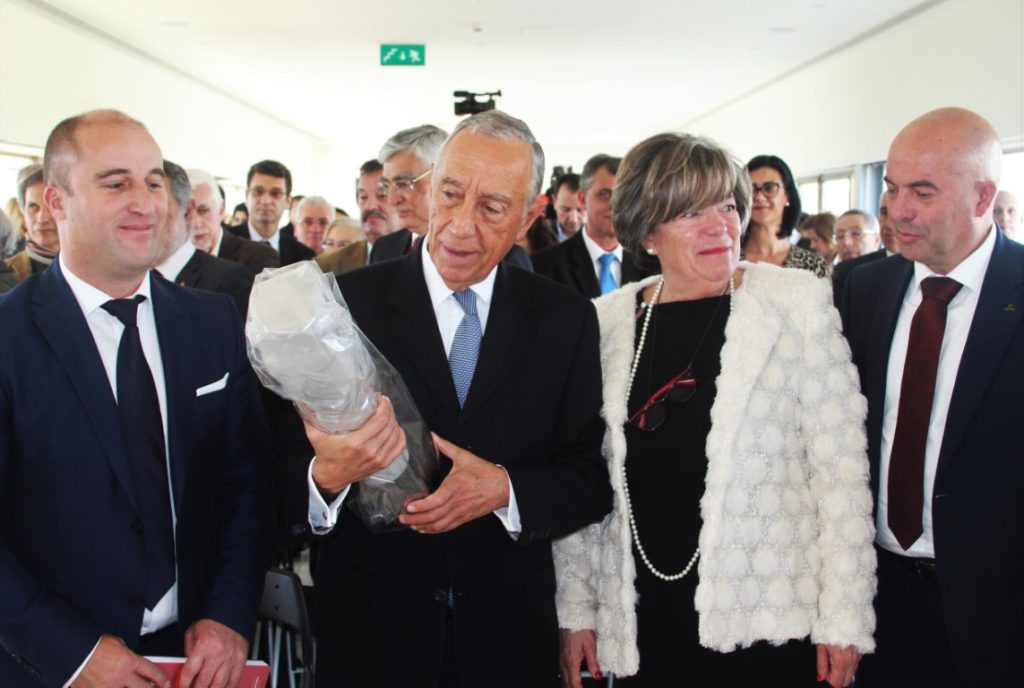
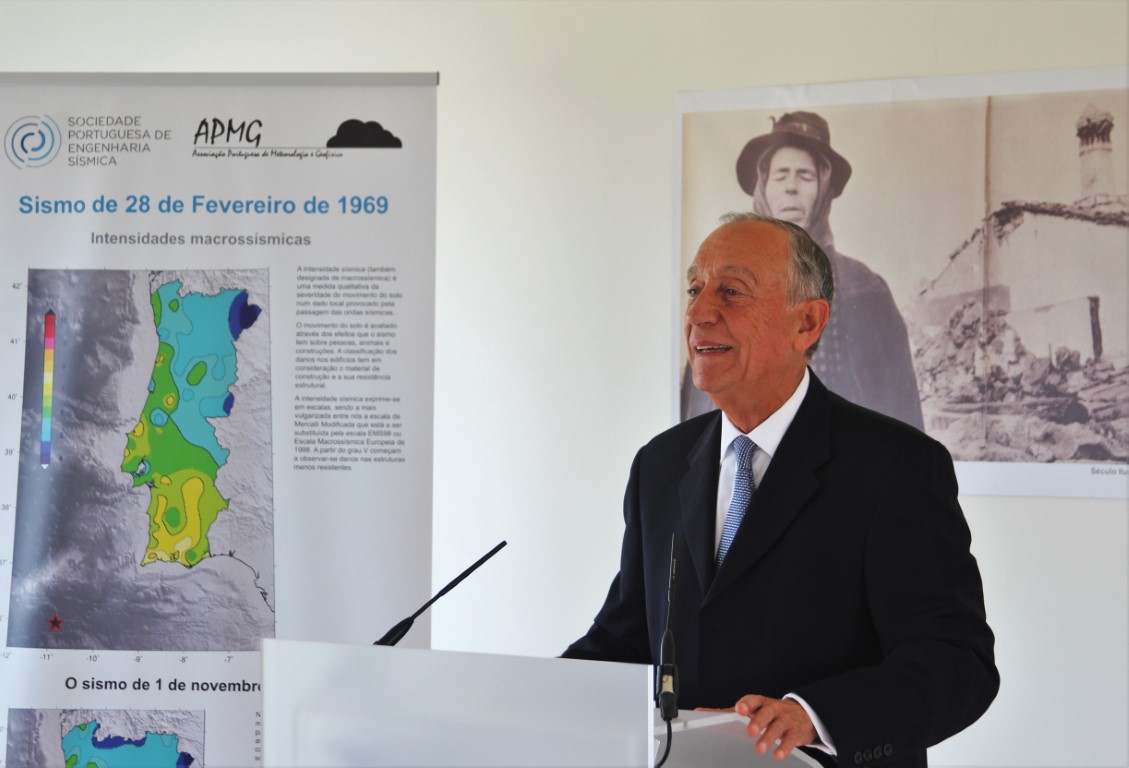
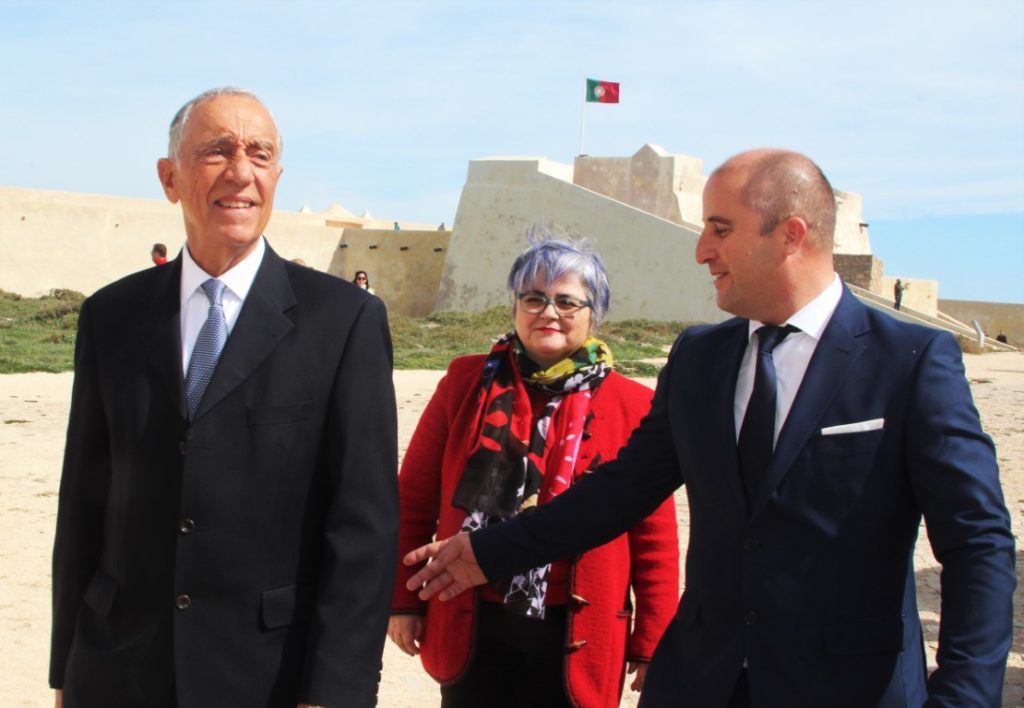
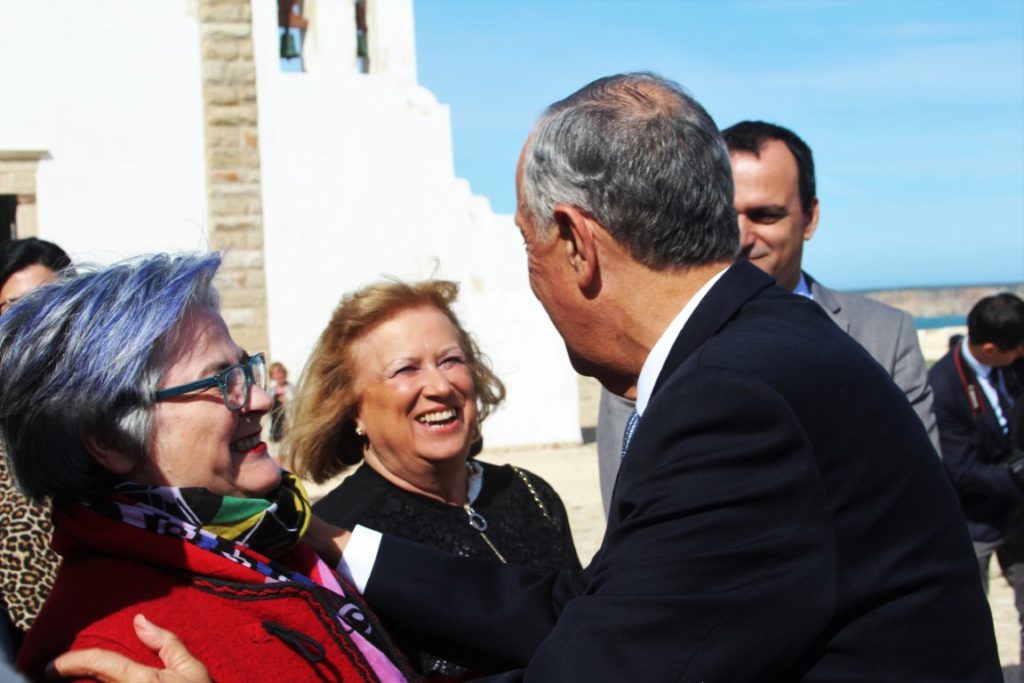
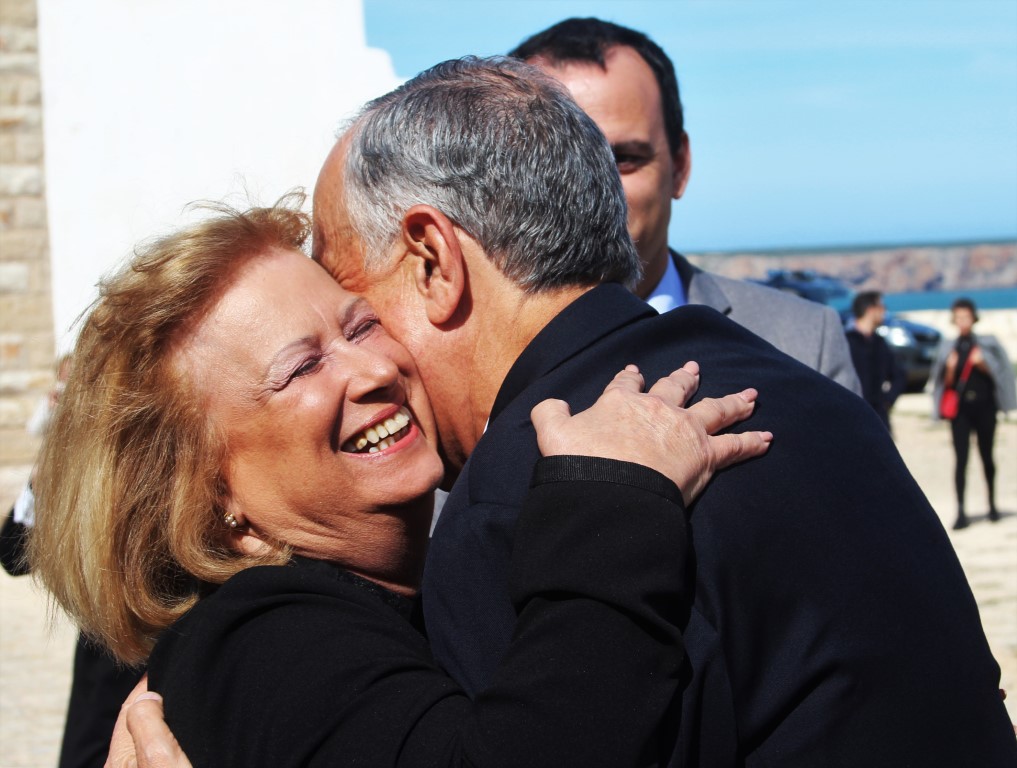
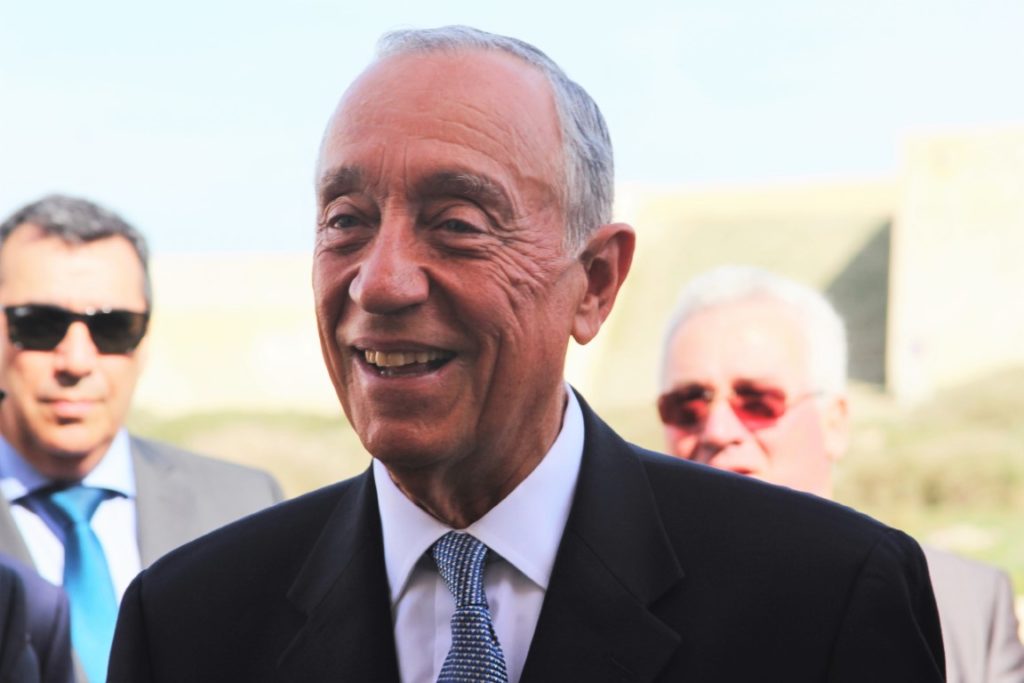
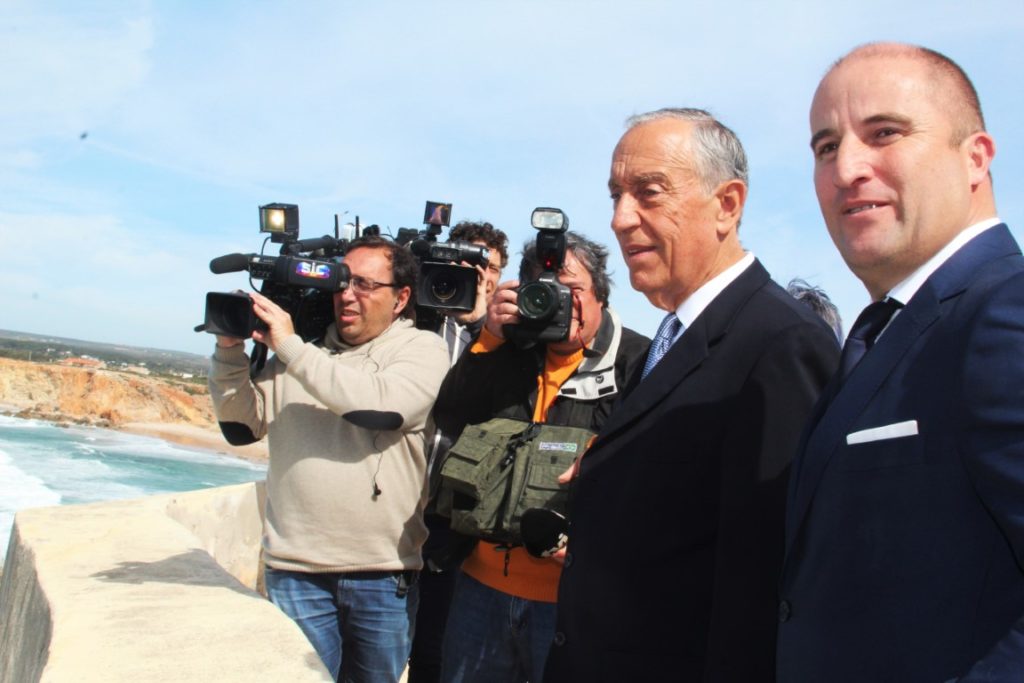
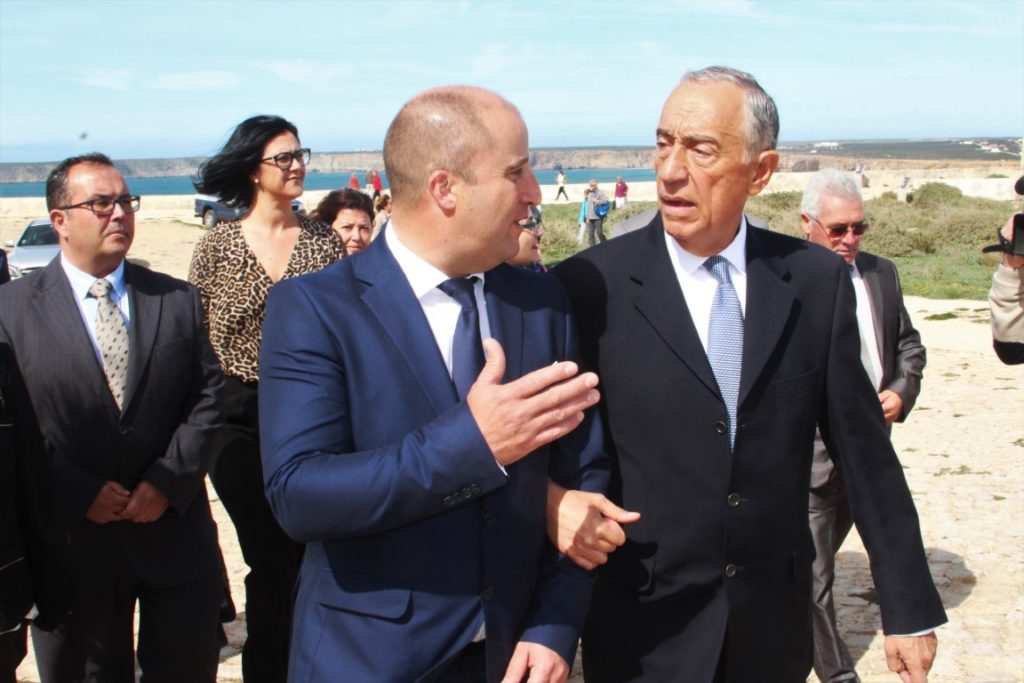
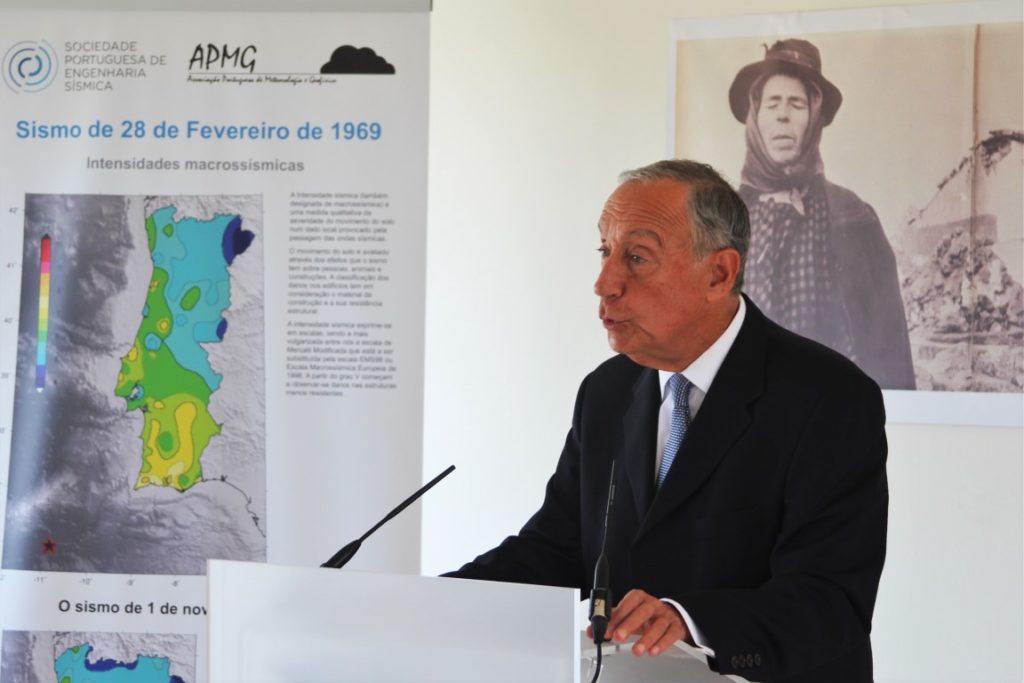
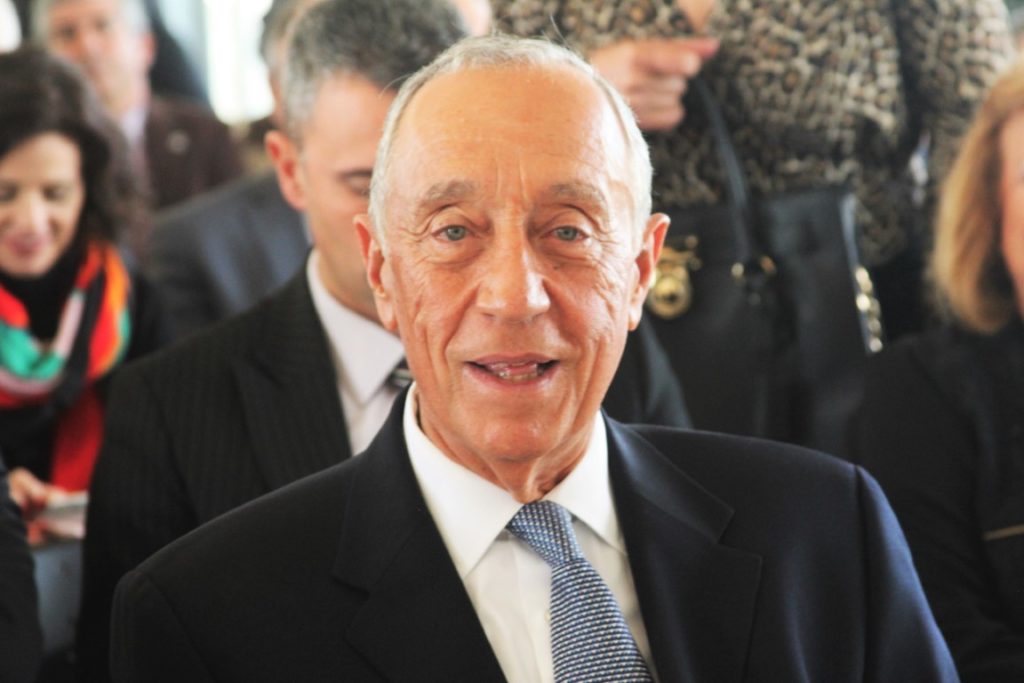
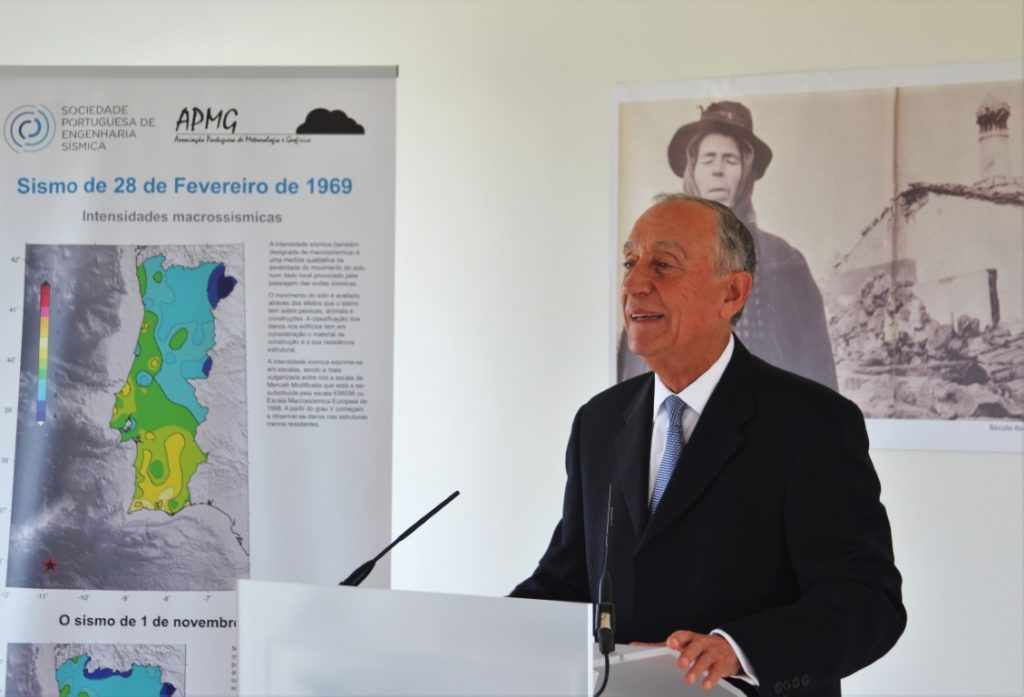
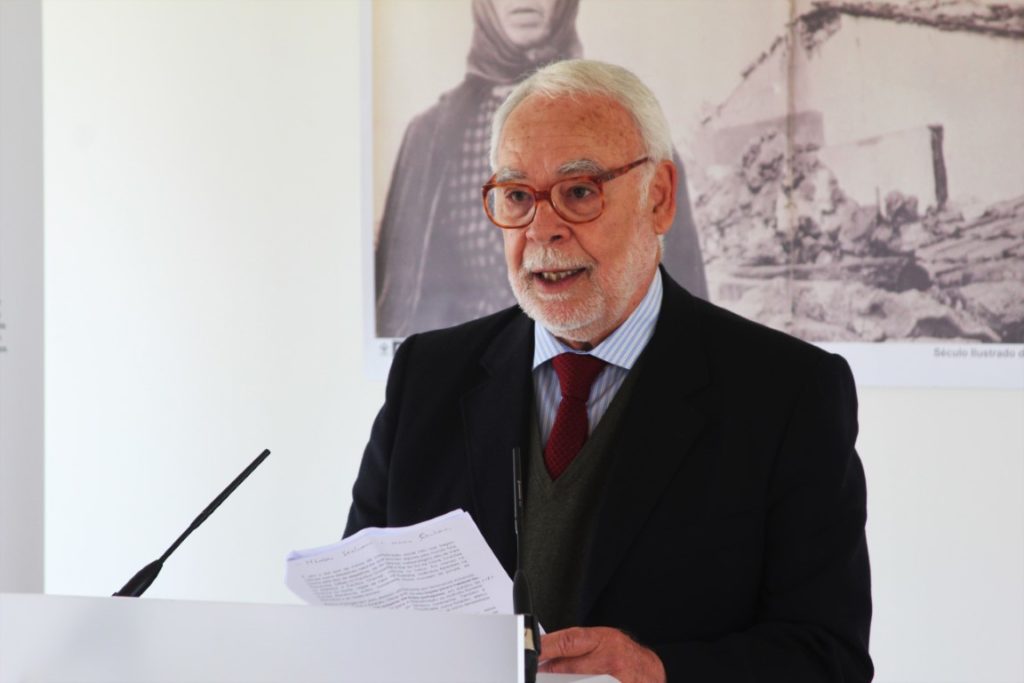
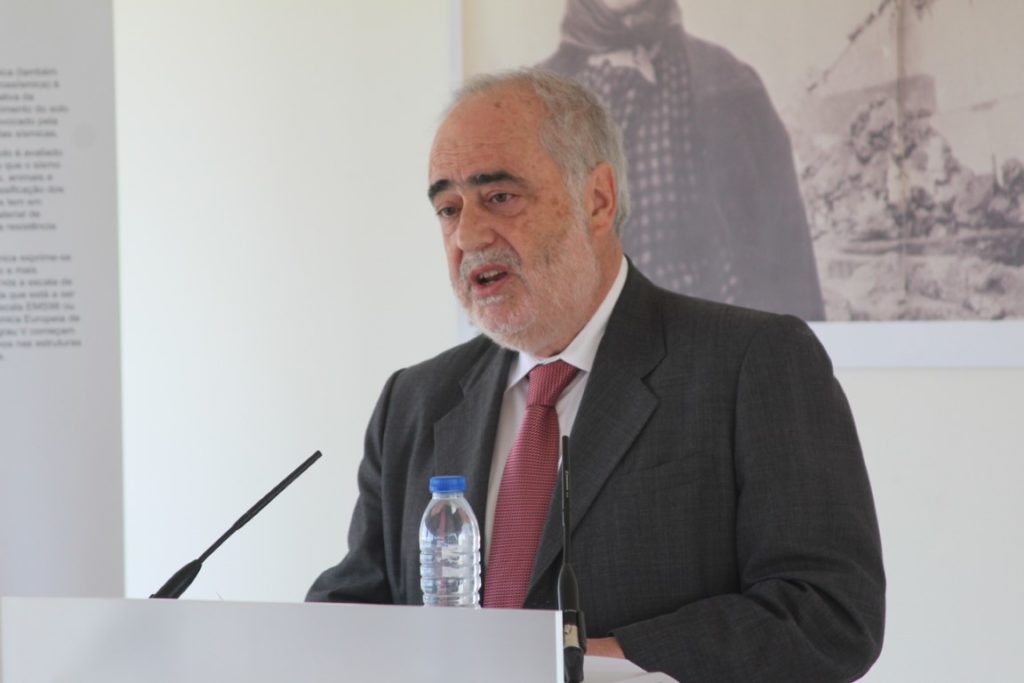
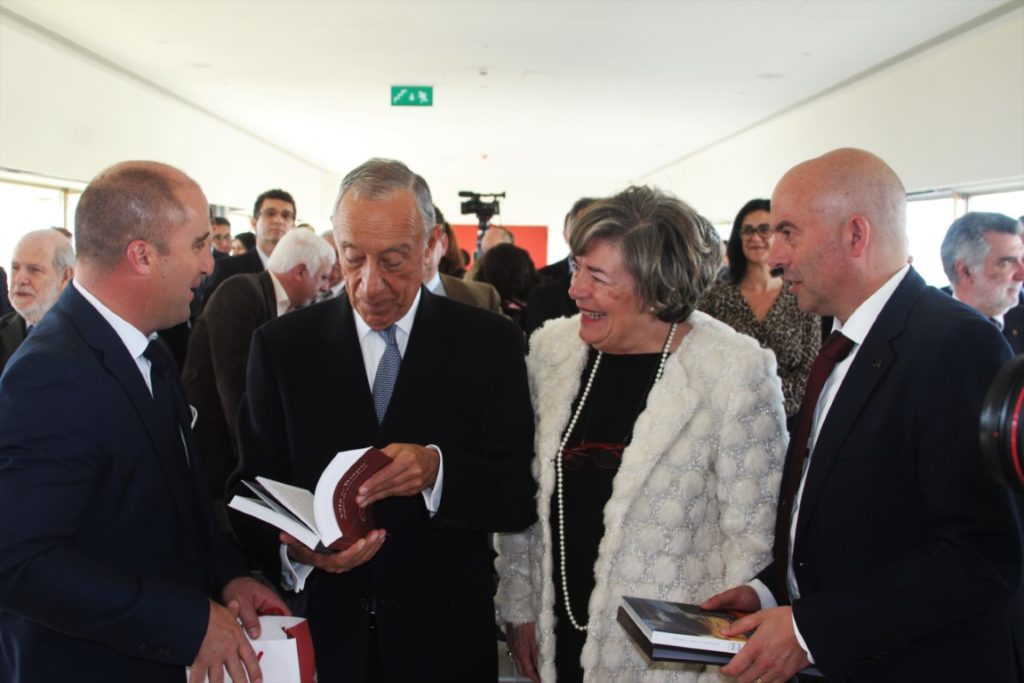
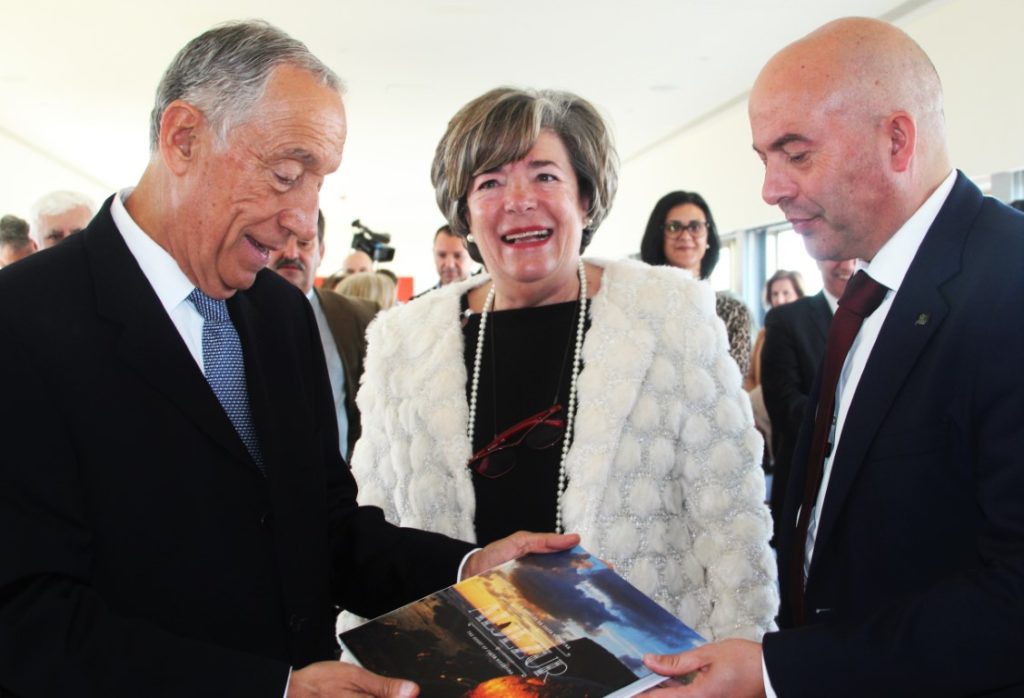
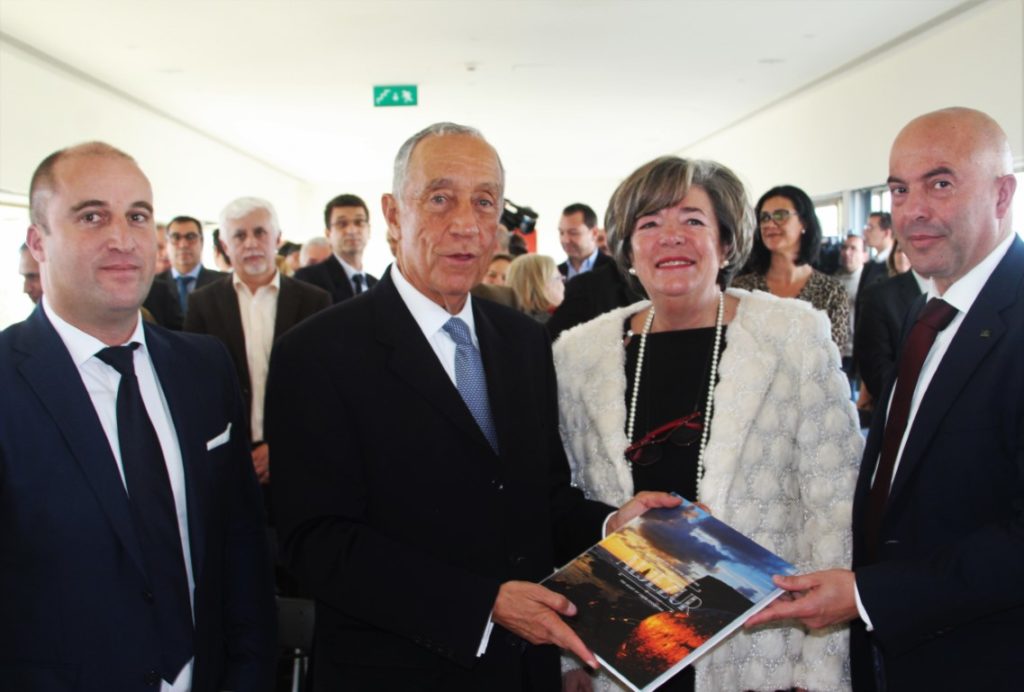
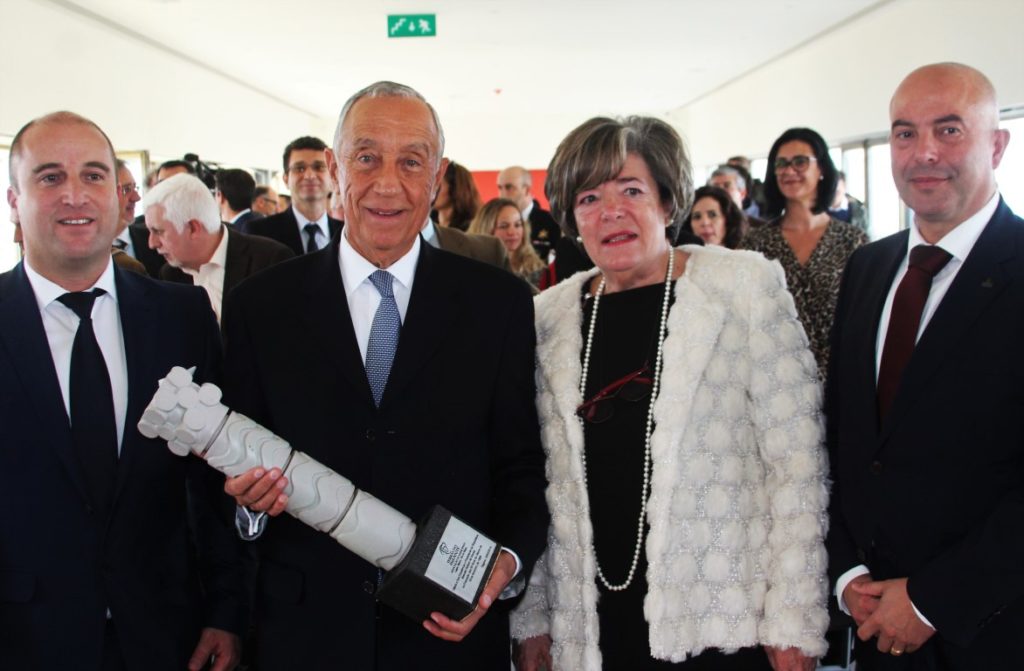
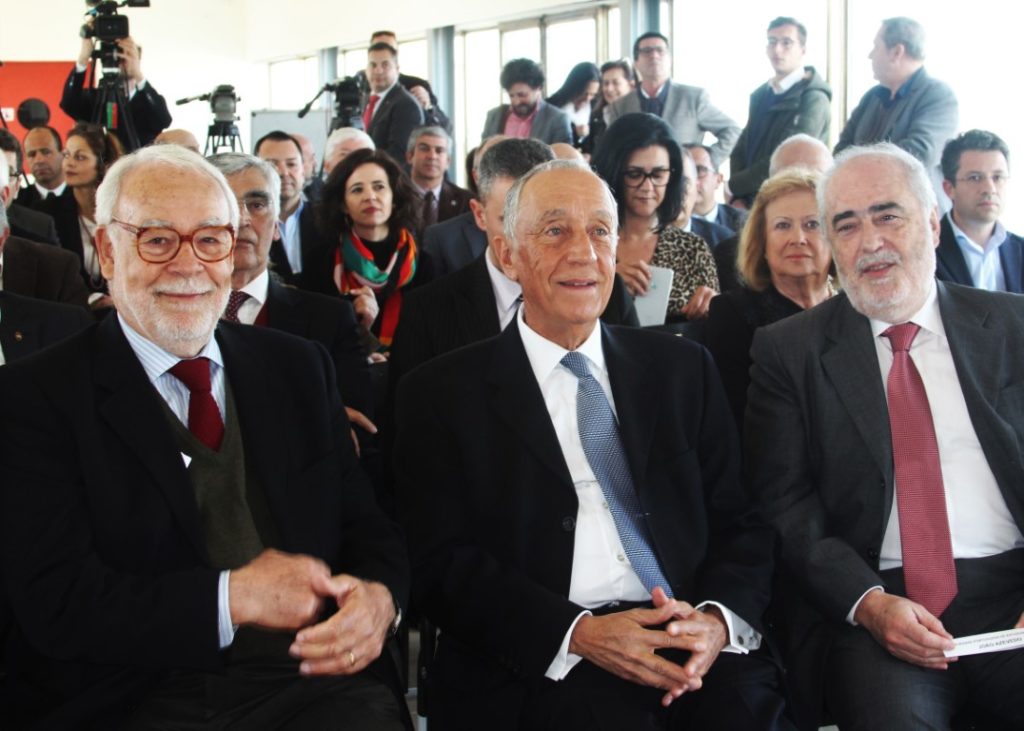


















Comments